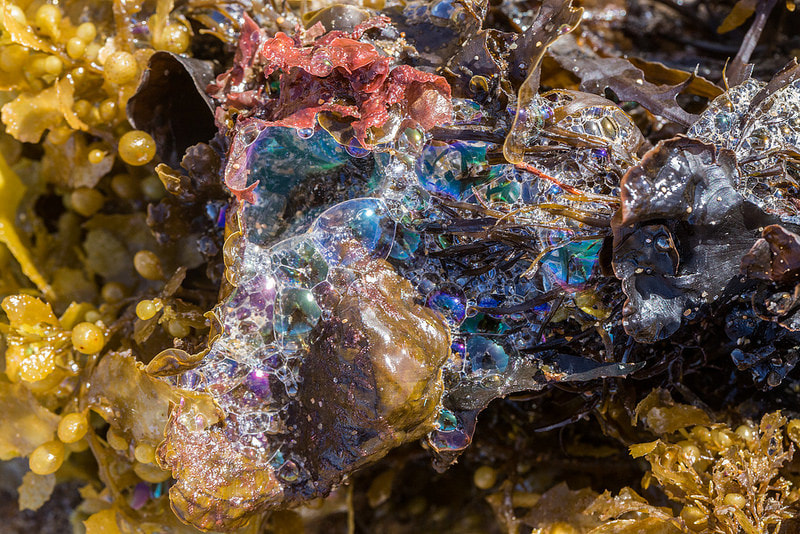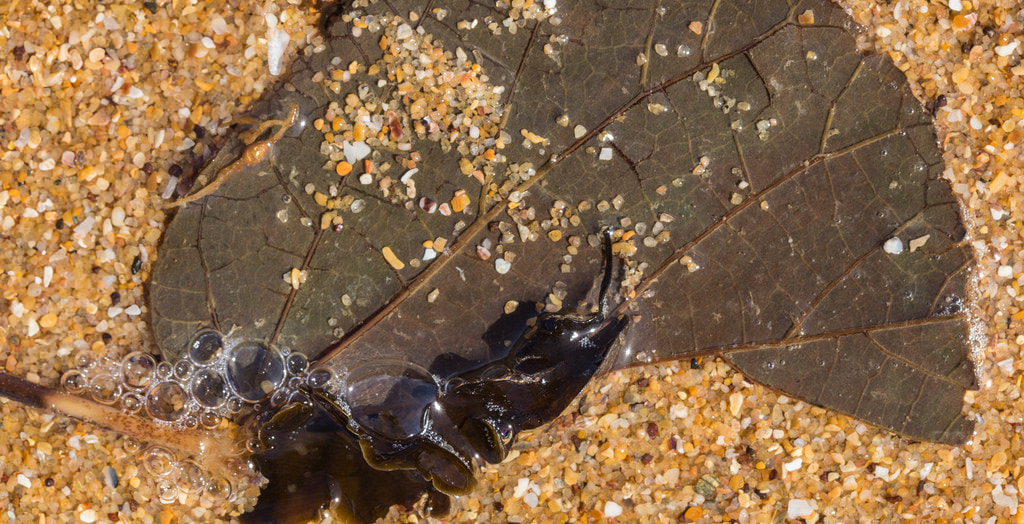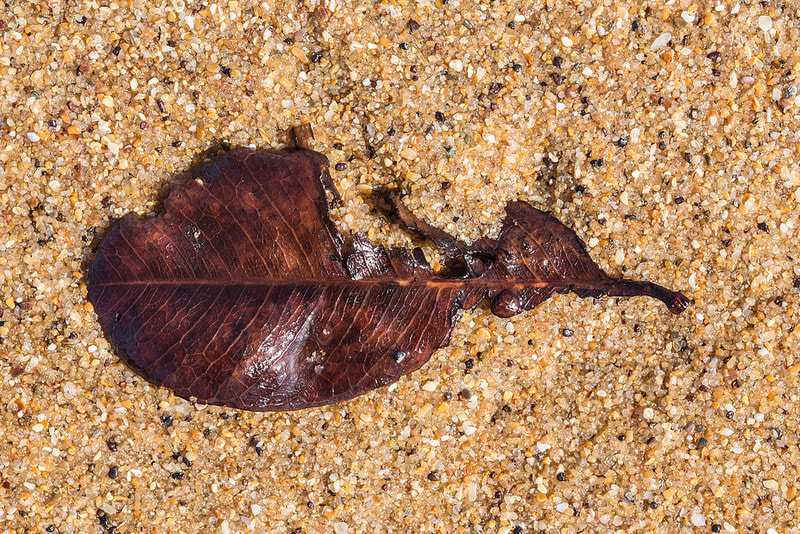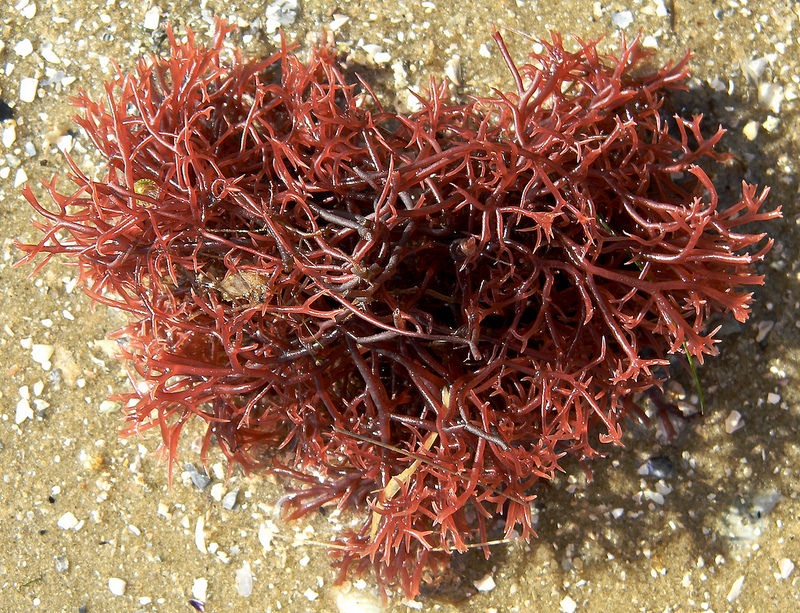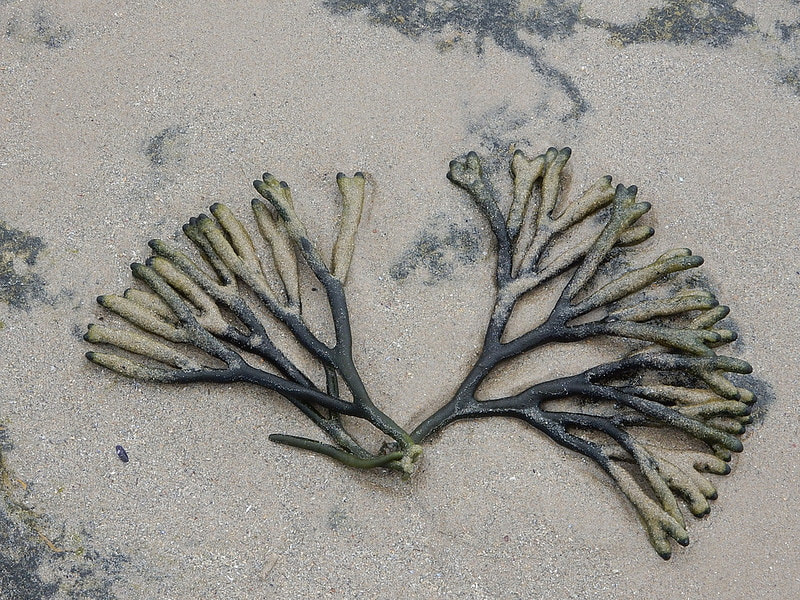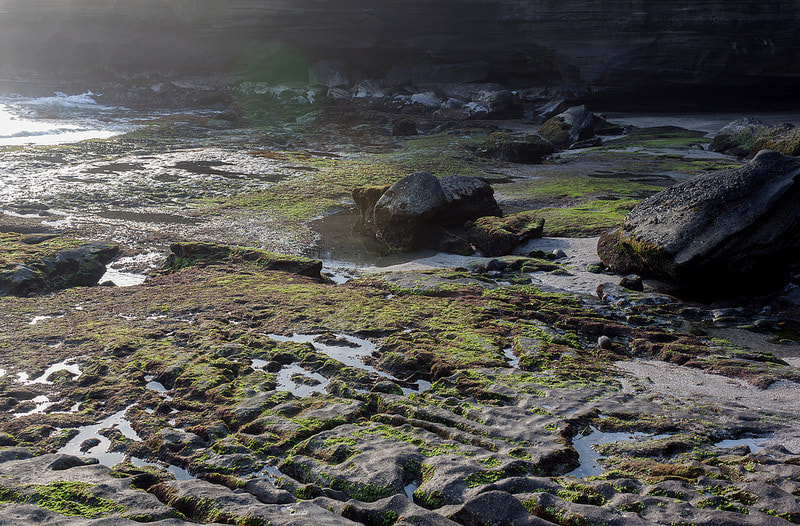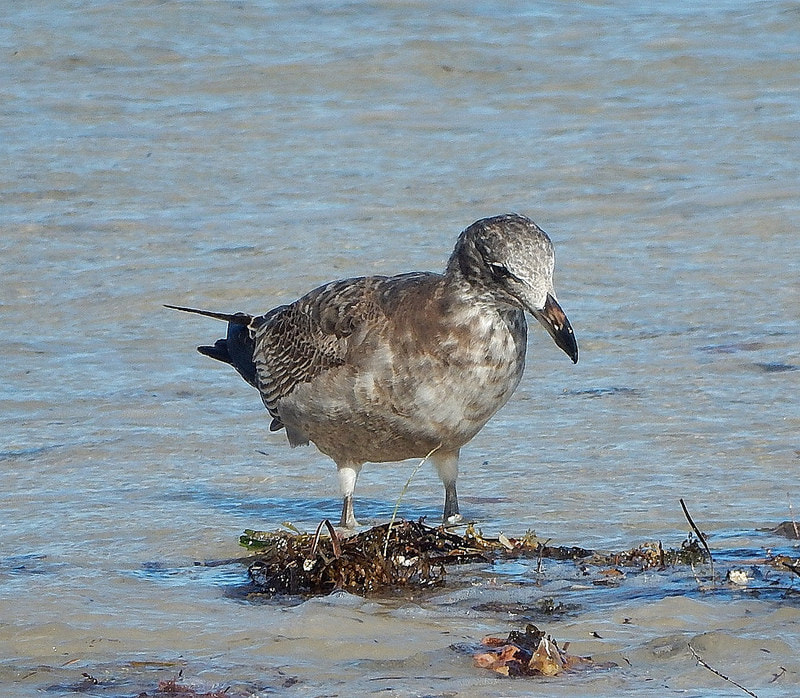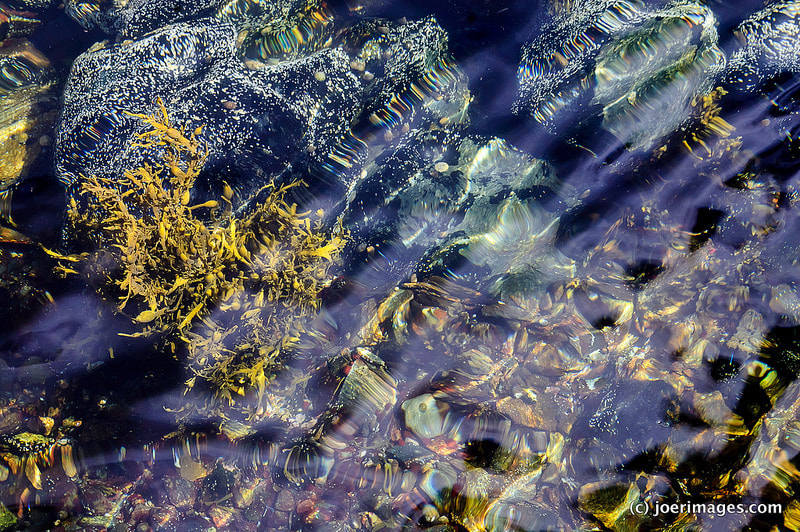Finding God in the Garbage and the Flowers
and leaving the Pharaonic God behind
"The pharaonic God is like a king on a throne. Society calls
"him" sacred and spiritual, but I found "him" oppressive:
an enemy of life and dignity, vitality and love, freedom and justice.
I had to reject this god in order to find the love and justice, the oneness,
to which I feel called. I had to leave "God " behind in order to rediscover
the the sacred in the garbage and the flowers."
-- Anonymous
|
|
|
|
Suzanne takes you down to her place near the river
You can hear the boats go by You can spend the night beside her And you know that she's half crazy But that's why you want to be there And she feeds you tea and oranges That come all the way from China And just when you mean to tell her That you have no love to give her Then she gets you on her wavelength And she lets the river answer That you've always been her lover And you want to travel with her And you want to travel blind And you know that she will trust you For you've touched her perfect body with your mind. And Jesus was a sailor When he walked upon the water And he spent a long time watching From his lonely wooden tower And when he knew for certain Only drowning men could see him He said "All men will be sailors then Until the sea shall free them" But he himself was broken Long before the sky would open Forsaken, almost human He sank beneath your wisdom like a stone And you want to travel with him And you want to travel blind And you think maybe you'll trust him For he's touched your perfect body with his mind. Now Suzanne takes your hand And she leads you to the river She is wearing rags and feathers From Salvation Army counters And the sun pours down like honey On our lady of the harbour And she shows you where to look Among the garbage and the flowers There are heroes in the seaweed There are children in the morning They are leaning out for love And they will lean that way forever While Suzanne holds the mirror And you want to travel with her And you want to travel blind And you know that you can trust her For she's touched your perfect body with her mind. |
The Fairies Dance and Christ is Nailed to the Cross
Philosophy may not neglect the multifariousness of the world - the fairies dance and Christ is nailed to the cross.
The church gave unto God the attributes which belonged exclusively to Caesar.
There is, however, in the Galilean origin of Christianity yet another suggestion.
It does not emphasize the ruling Caesar, or the ruthless moralist, or the unmoved mover. It dwells upon the tender elements of the world, which slowly and in quietness operate by love.
Love neither rules, nor is it unmoved, also it is a little oblivious to morals.
It is as true to say that God is one and the world many, as that the world is one and God many.
It is as true to say that God is immanent within the world as that the world is immanent within God.
It is as true to say that God creates the world as that the world creates God.
-- Alfred North Whitehead, Process and Reality
The church gave unto God the attributes which belonged exclusively to Caesar.
There is, however, in the Galilean origin of Christianity yet another suggestion.
It does not emphasize the ruling Caesar, or the ruthless moralist, or the unmoved mover. It dwells upon the tender elements of the world, which slowly and in quietness operate by love.
Love neither rules, nor is it unmoved, also it is a little oblivious to morals.
It is as true to say that God is one and the world many, as that the world is one and God many.
It is as true to say that God is immanent within the world as that the world is immanent within God.
It is as true to say that God creates the world as that the world creates God.
-- Alfred North Whitehead, Process and Reality
Reverend Teri DailyTo skip over the death of Israel--to spend no time lingering in its sting--and, instead, to move straight to restoration would be to miss the point entirely. Because the gospel is that in the very midst of loss, pain, suffering, despair, and even death, God comes and speaks a word of life and love more powerful than anything else. That’s why we can’t pretend death isn’t real and still leave the gospel intact. And, frankly, I don’t believe God skips over suffering and death either. God sees the dry bones--cracking and scattered--just as God hears the laments of Israel. Both death and new life are real.
But even though the promise of restoration and resurrection doesn’t do away with pain, loss, despair, and death, it does change the way we live through it. It opens our eyes not just to life that lies on the other side of despair and death, but also to the flashes of resurrection that happen in the very midst of that despair and death. And it readies our heart to receive new life when and where we find it, all along the way. -- Teri Daily, Both Death and New Life are Real: The Grittiness of Creative Transformation |
Rabbi Bradley ArtsonSometimes life presents us with challenges so arresting, so shattering that they change everything. This is the tale of a series of such moments, which began with my son’s diagnosis with autism, sending me into a tailspin and sundering my conventional ideas of God and Torah. This is the tale of my grieving, hopeful journey through libraries of science and philosophy as well as walking the streets of Jerusalem, out of which I began to articulate what I believe is a revolutionary way of loving God, God’s creation and God’s Torah. And, in the end, it is a tale of finding these revolutionary, liberating ideas hidden right where I had started — in the Torah, in the Talmud, in the Siddur, in the kabbalah. I just needed open eyes to see what had been there from the beginning, hidden under the crust of the theology most people think religion is supposed to mean....
I stumbled upon process thought almost by accident, researching new approaches to integrating science and religion, and to how God relates to the world. About four years ago, I found an anthology, “Philosophers Speak of God,” co-edited by Hartshorne, which offers a range of philosophical understandings of God — Jewish, Christian, Muslim, Hindu, Buddhist and philosophical. I was drawn to these brave process thinkers, which led me to the contemporary writings of Catherine Keller and Cobb, and the scientific reflections of John Polkinghorne, Arthur Peacocke and Philip Clayton. Through them I returned to the writings of Milton Steinberg, Max Kadushin, Martin Buber and others. Reading them was like slipping into a soothing bath, a healing mikveh. The external, bullying, punishing ideas of God melted in the mist, leaving the transformative, healing balm of relationship, novelty and persuasion. I fell in love again — with God as understood through process and with God’s creation as a continuing expression of loving, relating and of novelty. The insights of process thought saved my love of God, because instead of looking to God to be the all-powerful exception to the rules (the up there/out there bully in the sky), I started looking to God as the very exemplar of the rules — the One who makes it possible for us to surpass ourselves, the One who inspires us to ever-new levels of love and creativity. Instead of looking for God in magic, I look for God in Jacob’s refusal to let himself be defined or limited by his autism. I see God in Elana, my resilient and courageous wife, who refuses to abandon our son to a marginal existence. I see God’s persistent lure in people in the community who look past the autistic label and embrace Jacob — a young man of hope, strength, joy and astonishing wisdom. Working with, in and through creation is the arena for God’s unique, amazing, persuasive power. Tanks can knock down walls, but there isn’t an army in the world that can give Jacob the capacity to sit through a class for an hour and a half. That transformation requires the resilient, determined, persuasive love of God, manifest not as the exception to the rules of physics and biology, not in the suspension of Jacob’s autism, but as the way the very universe is tilted toward interrelationship, complexity and creativity. God doesn’t work from outside creation — intervening from afar. God bubbles up from within, working in us, through us and with us. Reflect for a moment: The universe operates according to unchanging physical laws. If you were to do the same thing over and over and over again without change, wouldn’t the result be the same each time? Yet the universe has instantiated the same unchanging laws for 14 billion years, and new and increasingly complex events continue to emerge. You have got to ask yourself — why? I see God in that emerging novelty and increasing complexity. God is the One who makes relationships possible, the force that makes for greater complexity and deepening experience. God makes possible our ability to love, reach and help each other. I don’t think God gave my son autism or could have stopped it. Tohu va-vohu is always present. I don’t believe God caused the Holocaust or could have prevented it. Creation is about containing the chaos, inviting order where there was none. The tehom is always bubbling chaos, and God is steadily extending cosmos. But the tohu va-vohu remains real, innovative and dangerous. The tehom continues to threaten and to beckon, bubbling over in crisis, tragedy and novelty alike. -- Rabbi Bradley Artson, God Almighty? No Way! |
